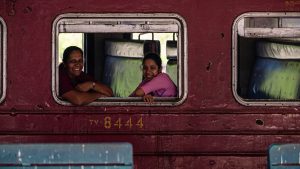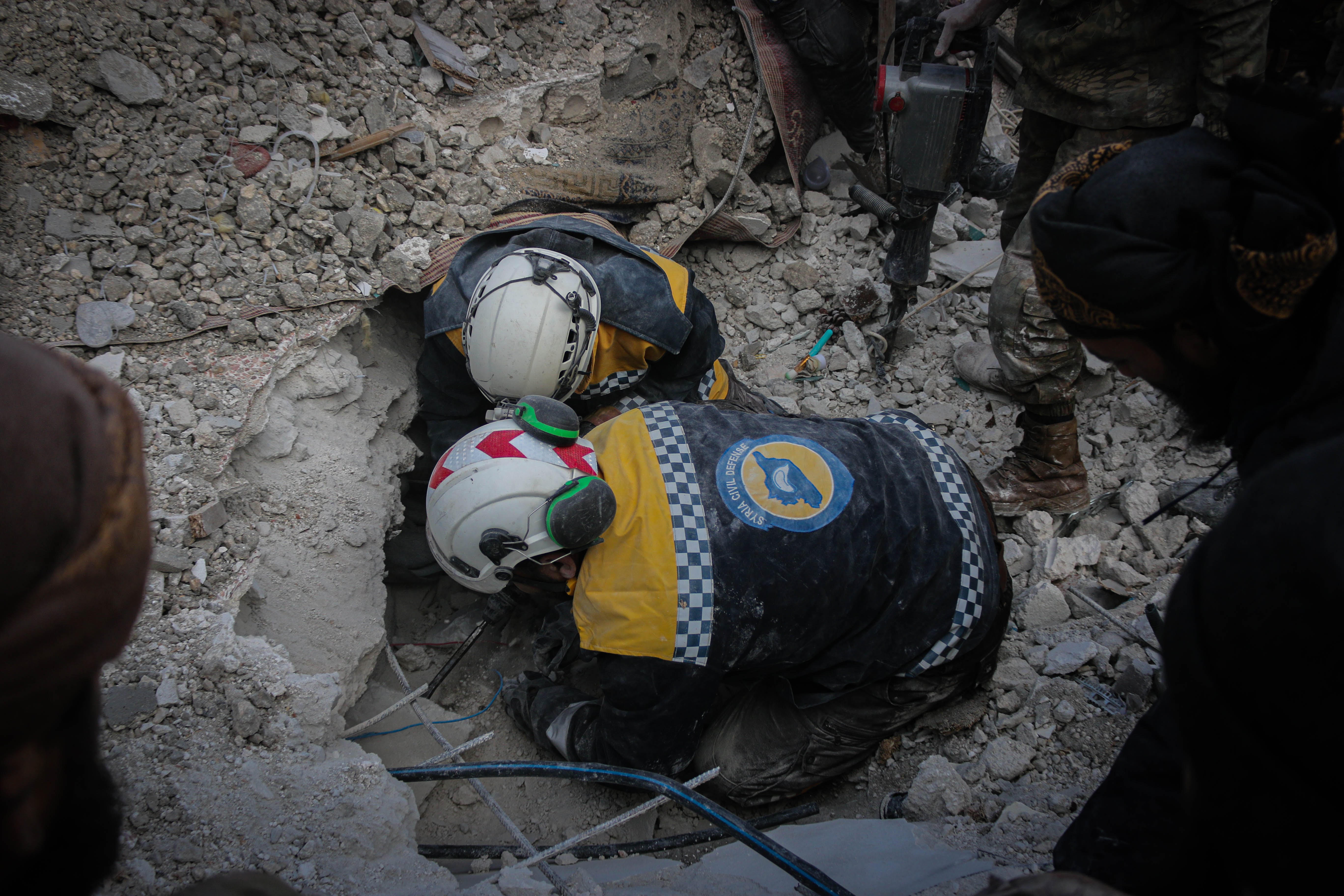In 2019, Sri Lanka stepped into its worst economic crisis since it had gained independence from British rule in 1948. The crisis led to hyper-inflation, exhaustion of foreign reserves, limited accessibility to medical supplies and increased pricing of basic commodities. One of the less talked about effects, as the crisis pushed individuals from middle and lower-income groups further down the income spectrum, was an increase in period poverty.
Period poverty is a significant challenge in Sri Lanka. Approximately 4.2 million people menstruate in Sri Lanka and only 30% of them have accessibility to disposable menstrual hygiene products. A 52% tax on imported menstrual hygiene products made such products nearly inaccessible to those from low-income households, even after it was revised down to 43%. For comparison, other imported non-essential items such as sunglasses and sports equipment are exempted from Value-added tax (VAT). Taxes like this, often referred to as a ‘tampon tax’, have been a critical contributor towards period poverty globally. This blog explains what period poverty looks like in Sri Lanka and what can be done about it.
What is Period Poverty?
This term refers to when an individual is unable to afford or has no access to menstrual products. Currently, the period poverty rate in Sri Lanka is at 50% and 50% of households report not spending any money on menstrual products.
Official engagement with this issue appears to be on the rise. According to a statement from President Ranil Wickremasinghe, the 2022 tax cut was imposed to tackle the issue of period poverty and promote hygiene amongst menstruating women and girls by making menstrual hygiene products more affordable. Yet despite this growing awareness, women and girls often suffer in silence. The many negative consequences which can arise from period poverty are often left unspoken, as the topic of menstruation itself is surrounded by stigma and taboo.
What impacts does it have?
Education is one of the key areas affected by period poverty. Prior to the economic crisis, as many as 37% of students did not attend school for one or two days while menstruating. This was mostly to avoid embarrassment and humiliation at school or because of parents discouraging their children to attend school due to their beliefs around menstruation. This number has risen to 50% since the economic crisis and will only continue to rise if the government fails to address the implementation of discriminatory taxes on menstrual products.
Health issues have also been raised as a consequence of period poverty, as many women turn to rags and cloths to wear during their period. These may not be clean, as women and girls may not have access to clean water or share public wells with other women to clean the used rags. This can lead to infections and lead to serious conditions such as cervical cancer, which is the second most commonly found cancer amongst women in Sri Lanka. Moreover, period poverty could lead to mental health issues as many women have reported suffering from mild to severe forms of depression linked to feeling stressed due to being unable to afford menstrual products.

Is this just about the tampon tax?
No. While taxing menstrual hygiene products as if they were a luxury is definitely adding to period poverty, there are also underlying issues. As mentioned earlier, there is a lot of stigma and shame surrounding menstruation. Additionally, the spread of misinformation among teachers, adults, and students is rampant and further feeds into the stigma and shame. This creates a difficult environment for advocates to ensure their voice is heard, meaning that harmful policies are less likely to be challenged or their impacts understood and addressed.
How can we address this problem?
The first step is to raise awareness through online conversations like this one – thank you for becoming part of the change – and of course more widely. This means educating the public and lawmakers alike.
Considering the acute economic austerity the country is facing, much of the responsibility lies within the hands of the government to prioritise the needs of women and girls by removing the discriminatory taxes and tariffs imposed on menstrual hygiene products. Additionally, improving sexual reproductive health education at schools would help to address misinformation.
Currently, independent think tank Advocata Institute has taken the initiative to address the existing tariffs and taxes on period products through research advocacy. Other initiatives include a pilot programme in which they advocated for sustainable menstrual hygiene facilities across schools in the Central Province in Sri Lanka to address school absenteeism during menstruation due to poor facilities.
These practical proposals would contribute to easing the current situation. But the key to eradicating period poverty is to advocate for the rights of women and raise awareness of the issue. This is an imperative step to drive a shift in the thinking of the public and create a momentum which would ultimately lead to laws which would mandate affordable period products for everyone in Sri Lanka.
Photos: Indika Sriyan & Kevin Olson on Unsplash






